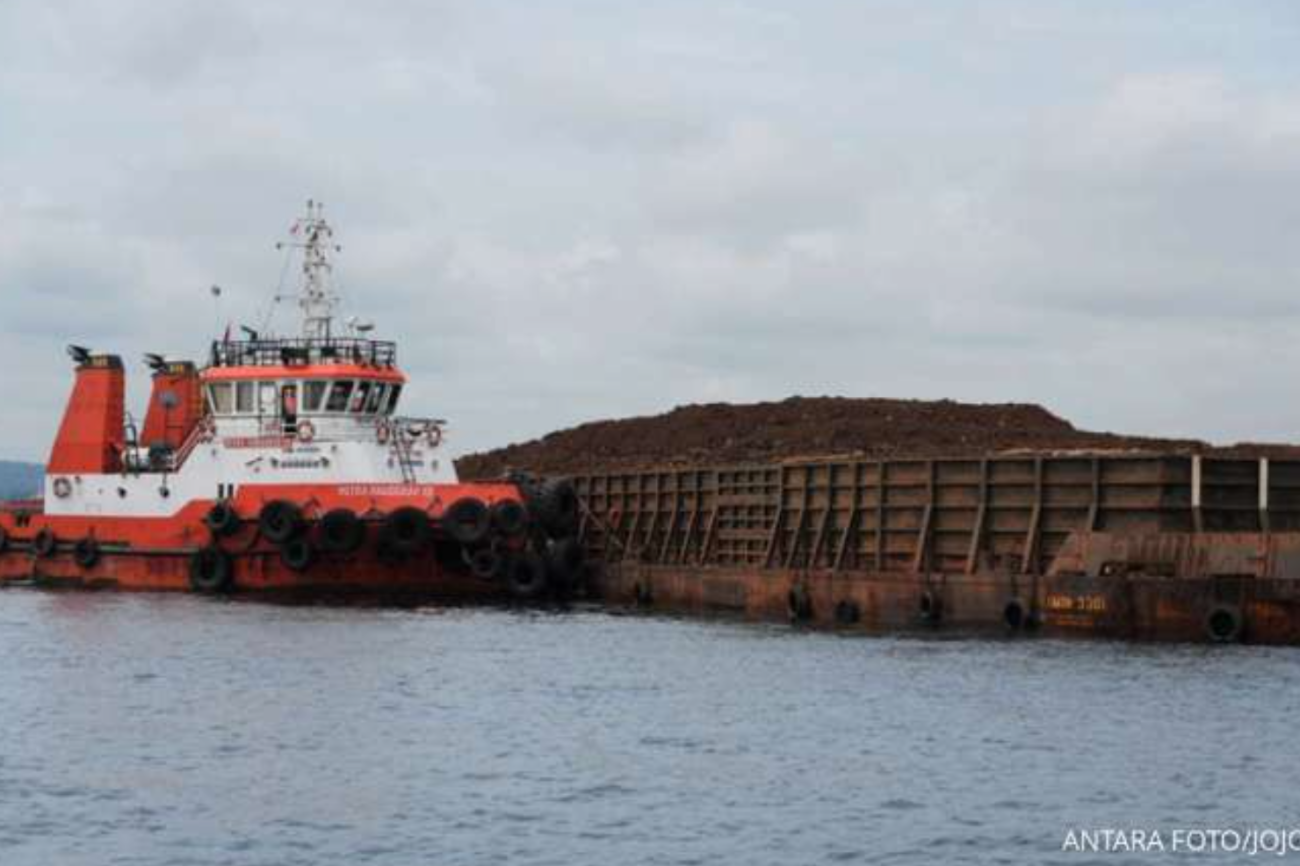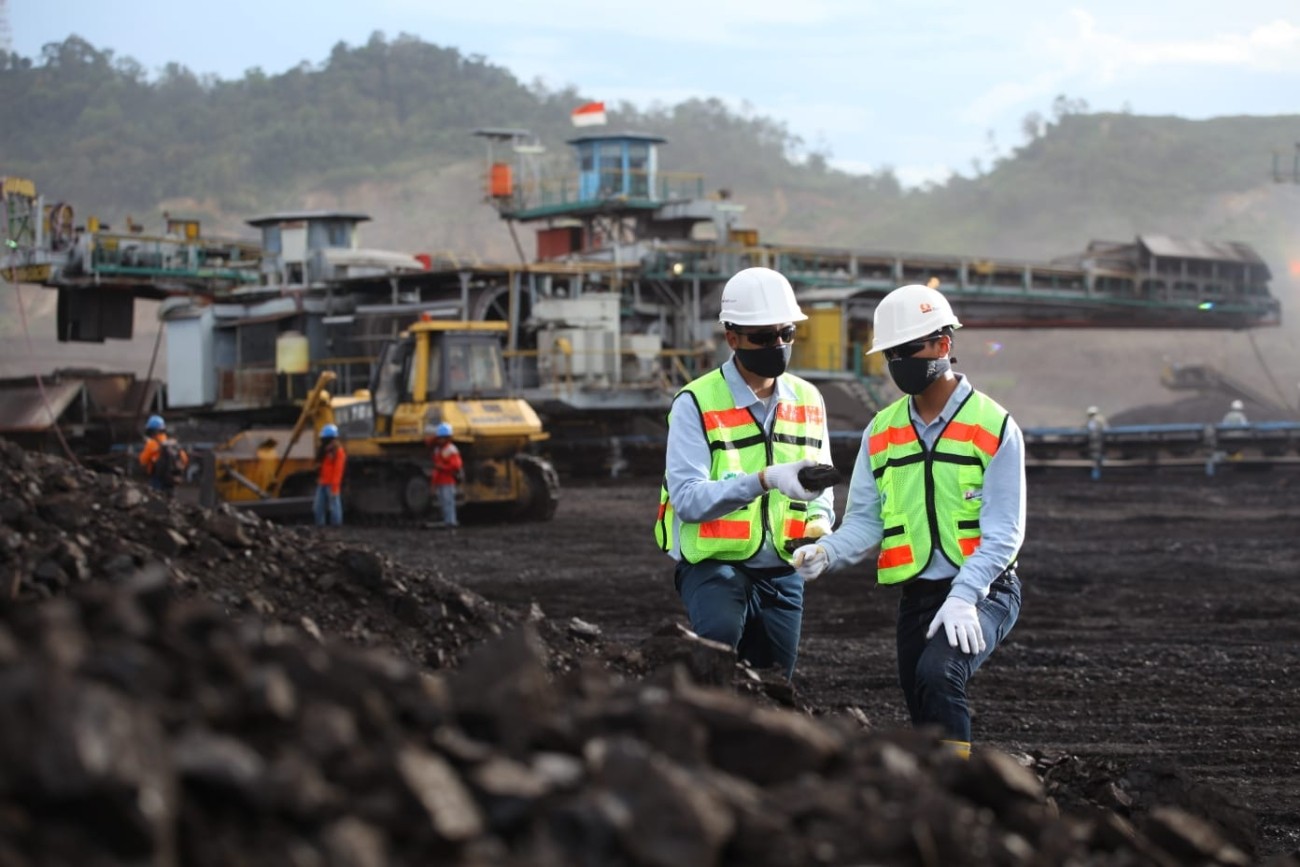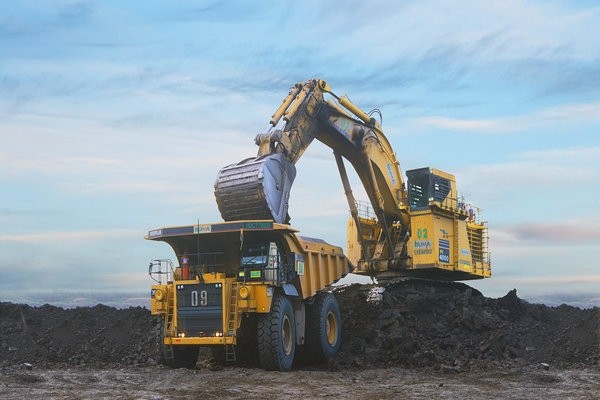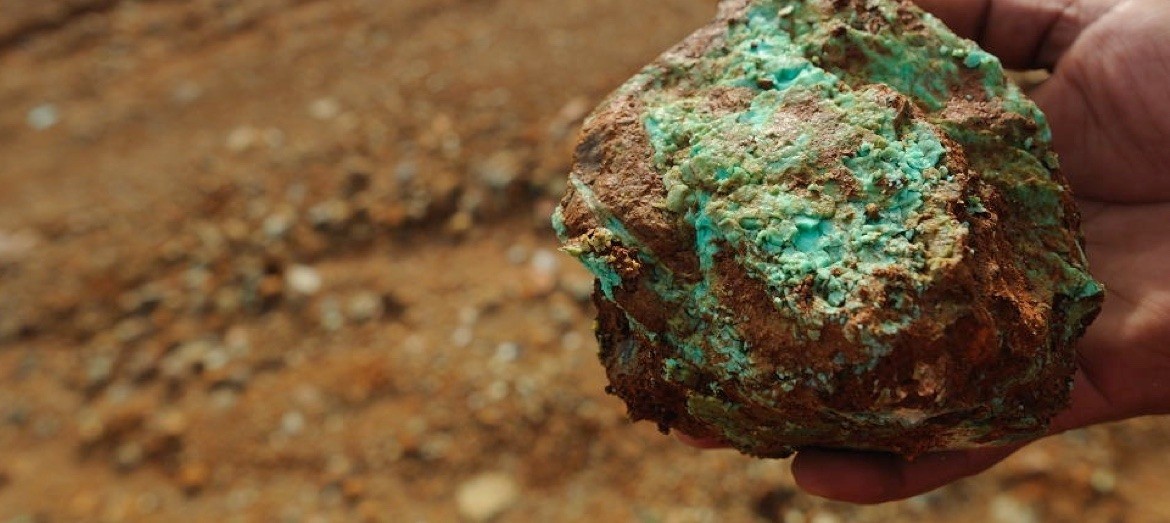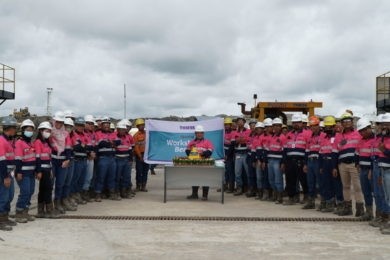In recent times, the government has submitted plans to limit the construction of nickel smelters. One of the reasons for this limitation is that the supply of high grade nickel, which is widely processed, is dwindling. On the other hand, absorption of low grade nickel is still minimal. Responding to the plan to limit the construction of this new smelter, the Association of Indonesian Processing and Refining Companies (AP3I) assesses that the policy will have an impact on the investment climate that has been built. Secretary General of AP3I Haykal Hubeis said, the discourse on limiting the construction of smelters would certainly elicit responses from potential investors. On the other hand, he is worried that the policies that have taken place in the nickel sector will also apply to other mining commodities.
"Because nickel is used for locomotive carriages, other smelters will see it there and it can automatically happen to other industries," Haykal told Kontan.co.id, Monday (6/3). Haykal continued, the condition of the upstream sector would certainly have an impact on the downstream industry. Haykal also questioned the government's move, which stated that the supply of raw materials was the reason for limiting the construction of smelters. According to him, this should have been said years ago. He also hopes that the government, especially the Ministry of Energy and Mineral Resources (ESDM) can open data related to the condition of raw materials for mineral commodities. This is to provide an overview of the current condition of reserves and resources.
In addition, according to him, currently various downstream policies carried out by the government are more focused on the upstream side. Different conditions occur in the downstream sector where there are no specific regulations governing the smelter industry. "There must be rules, smelters must be made special rules," said Haykal. Haykal continued, the smelter industry is currently facing a number of challenges, namely the large number of permits, infrastructure constraints to the long licensing process. Haykal also hopes that, in addition to regulations for the smelter industry, the government, especially the Ministry of Industry (Kemenperin) must monitor existing smelter projects. This monitoring is necessary to record any obstacles experienced by each smelter project.
